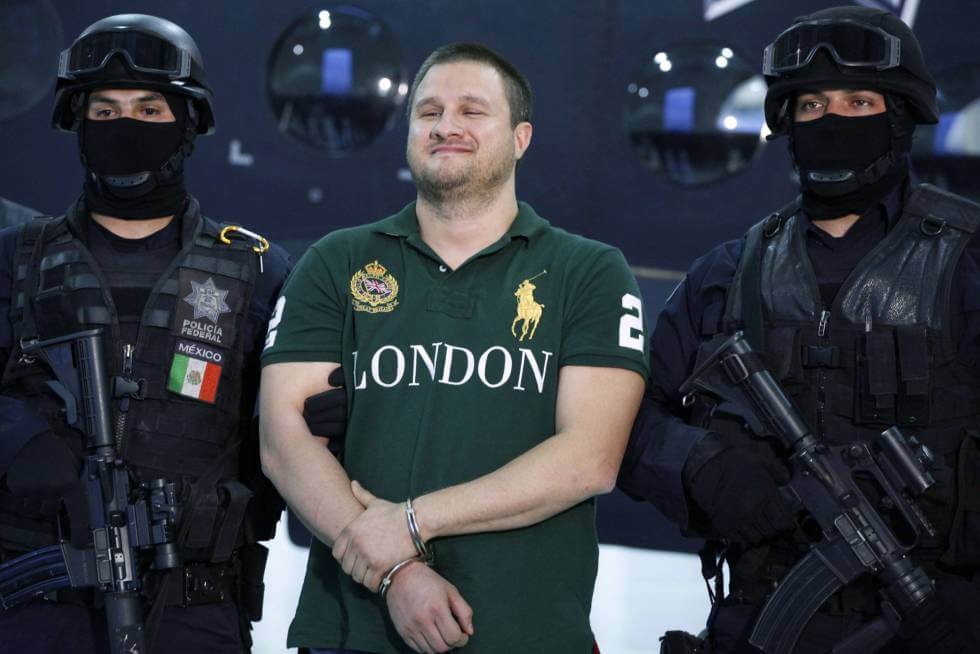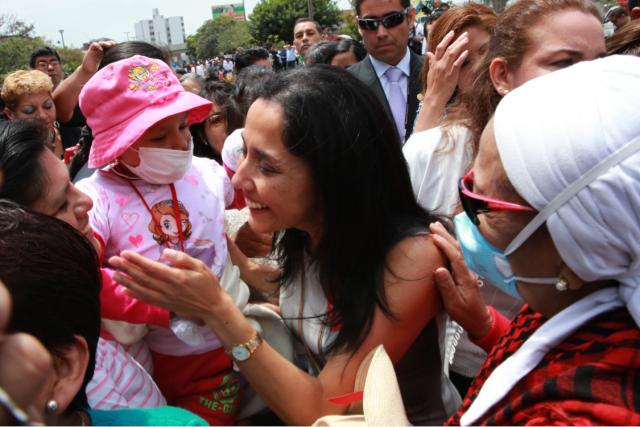A communist government minister and a far-right former lawmaker have progressed into a polarizing presidential runoff in Chile after winning the most votes in first round elections on Sunday.
Former labor minister, communist party member and candidate of a broad left-wing coalition Jeannette Jara won Sunday’s election with just under 27% of the vote, falling short of pollster’s predictions.
Her opponent in the second round, José-Antonio Kast of the Republican Party, took 24%.
Despite clinching victory, the results are disappointing for Jara and the sitting left-wing government of Gabriel Boric as 70% of the electorate appeared to abandon their progressive project in favor of right-wing candidates.
Whereas the left united under Jara following a primary victory, the right did not coalesce around one figure with three other right-wing candidates winning double digits.
Right-wing populist Franco Parisi missed the runoff with just over 19% of the vote, libertarian congressman and YouTuber Johannes Kaiser won 14% and Evelyn Matthei, a former government minister and mayor from the moderate right, won 12%.
Kaiser and Matthei both endorsed Kast for the December runoff, lending support to a candidate opposed to abortion, gay marriage and one who speaks fondly of the dictatorship of Augusto Pinochet which left 40,000 victims of human rights abuses.
The campaign has been characterized by security issues and the threat of organized crime. According to polling by Ipsos, 63% of Chileans regularly worry about safety, the second-highest figure globally.
Violence related to organized crime in Chile has increased since 2020, as has the murder rate and number of kidnappings. Many Chileans blame lawlessness on a simultaneous rise in illegal immigration. Since 2017, Chile’s foreign-born population has doubled and there are an estimated 330,000 undocumented migrants in a country of 18 million.
Kast has promised to build a mega prison, akin to facilities in El Salvador, to crack down on violence. He has also outlined Trump-style border policy, with plans to erect a wall on Chile’s northern border to stem the flow of migrants arriving on foot, many of whom are fleeing dictatorship and oppression in Venezuela.
Although the most recent data shows the murder rate has fallen under Boric and there is no proven correlation between immigration levels and crime rates, Jara struggled to challenge the image that she had been part of a government soft on crime.
Her policy platform that promised to be tougher on illegal immigration and crime, raise the minimum wage and make mental health provision a “national priority,” struggled to cut through the government’s poor economic record, which has seen slow growth and failed tax reforms.
With the endorsements of two popular candidates, Kast seems to have the momentum moving into the runoff. But he has been thwarted before. In 2021, Kast won the first round before suffering defeat at the hands of the young, leftist up-start, Boric, in the second. Jaime Bordel, of the Autonomous University of Barcelona, said that Jara now needs to broaden her appeal, leaning on her working-class roots.
But the first round results show an uphill battle for Jara. “The arithmetic of the first round, goes very much against her,” said Bordel.
Chileans will return to the polls to elect a new president on 14 December.
Featured Image: José-Antonio Kast progresses to a presidential runoff
Image credit: José-Antonio Kast via X










